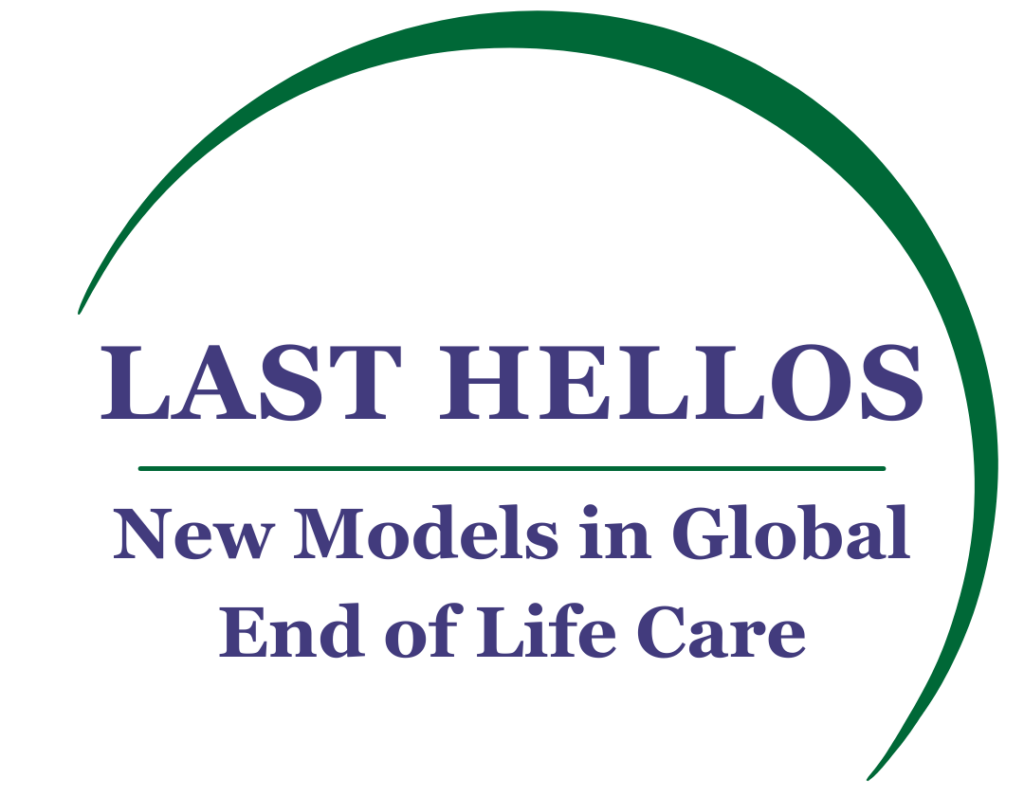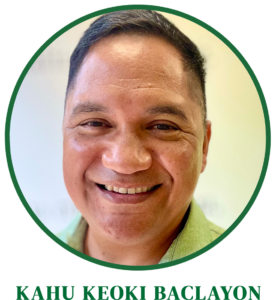- About
- Programs
- Podcasts
- Live from 10 Grand Central
- The Completed Life Initiative Poetry Festival
- Last Hellos: New Models in Global End of Life Care
- The Completed Life Initiative Film Festival
- Indigenous End of Life Symposium
- Faith Sommerfield Memorial Lecture
- 4th Annual Fall Conference
- Friends of CLI
- CLI@Home
- Videos
- Public Policy
- Resources
- Contact
- Donate
- About
- Programs
- Podcasts
- Live from 10 Grand Central
- The Completed Life Initiative Poetry Festival
- Last Hellos: New Models in Global End of Life Care
- The Completed Life Initiative Film Festival
- Indigenous End of Life Symposium
- Faith Sommerfield Memorial Lecture
- 4th Annual Fall Conference
- Friends of CLI
- CLI@Home
- Videos
- Public Policy
- Resources
- Contact
- Donate
- About
- Programs
- Podcasts
- Live from 10 Grand Central
- The Completed Life Initiative Poetry Festival
- Last Hellos: New Models in Global End of Life Care
- The Completed Life Initiative Film Festival
- Indigenous End of Life Symposium
- Faith Sommerfield Memorial Lecture
- 4th Annual Fall Conference
- Friends of CLI
- CLI@Home
- Videos
- Public Policy
- Resources
- Contact
- Donate











